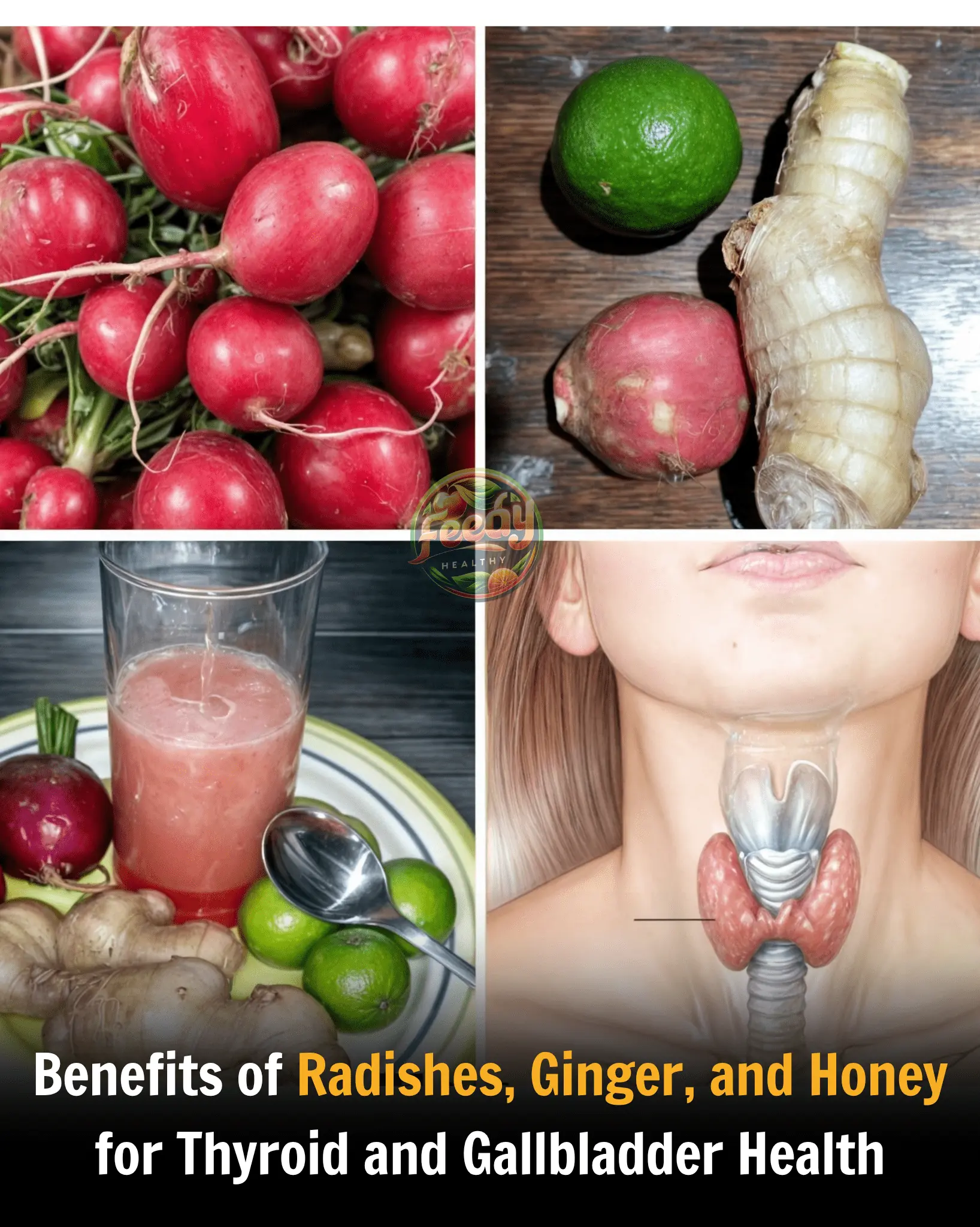
The Most Harmful Drink for Your Blood Vessels – You Might Be Drinking It Every Day Without Knowing!
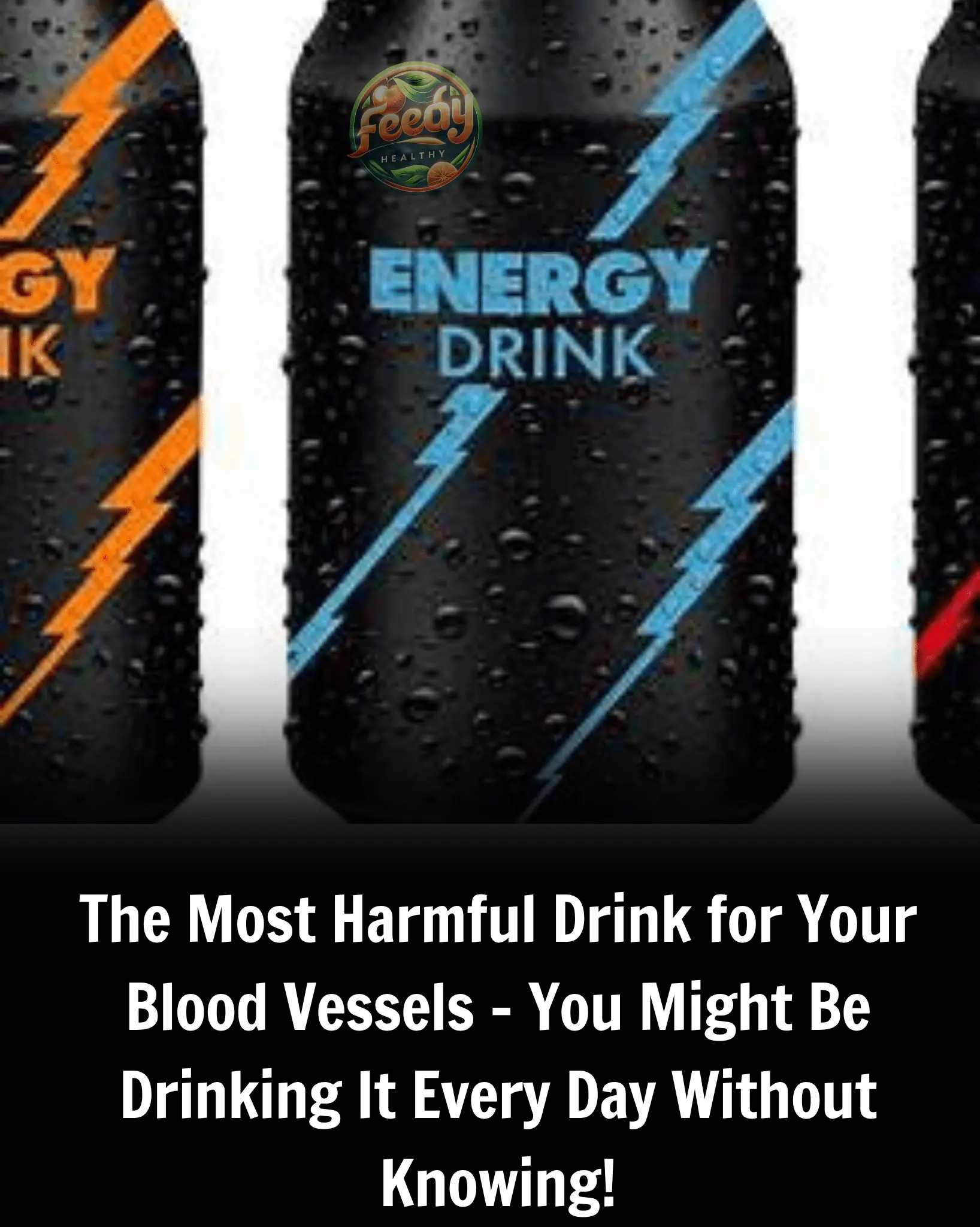
In recent years, the energy drink market has grown rapidly.
Many young people enjoy these drinks, believing them to be “healthier” than regular soft drinks and a much-needed boost when staying up late.
However, some people have reported that drinking too many energy drinks makes them feel anxious and unable to sleep.
So is this true? Do energy drinks have side effects?
Let’s find out.
Do Energy Drinks Really Boost Alertness and Fight Fatigue?
According to the GB/T 10789—2015 standards for beverages, energy drinks fall under the category of beverages for special purposes. These drinks are non-alcoholic but contain ingredients such as caffeine, vitamins, taurine, ginseng, guarana, and other “functional” compounds.
-
Caffeine: stimulates the sympathetic nervous system, promotes wakefulness, improves blood circulation, enhances concentration and alertness → helps fight fatigue.
-
Taurine: helps eliminate free radicals quickly and regulates calcium ion transport → supports anti-fatigue effects.
-
Other ingredients also help reduce stress and tiredness.
So, from this perspective alone, drinking energy drinks when staying up late can help reduce fatigue to some extent.
Do Energy Drinks Have Side Effects?
Energy drinks usually taste good, making them easy to overconsume. Many people even treat them like regular beverages, leading to excessive intake of caffeine and sugar.
Excess caffeine can harm your health, causing symptoms like insomnia, palpitations, anxiety, and even dependence.
One study showed: Drinking just 250ml of energy drinks daily increases the risk of anxiety and depression among young adults.
As for teenagers, their ability to metabolize caffeine is lower than adults. Regular consumption can:
-
Increase the risk of depression
-
Reduce sleep duration, leading to sleep disorders
Even One Can May Alter Heart Function
In 2017, the Journal of the American Heart Association published a study showing:
Even a single can of energy drink can affect blood pressure and heart rhythm – possibly more than soft drinks.
The experiment:
-
Group 1: Drank 32 ounces (907g) of energy drink containing 302mg caffeine, 108g sugar, taurine, ginseng, etc.
-
Group 2: Drank the same volume of carbonated soft drink with the same amount of caffeine but no functional ingredients – just soda with lemon juice and cherry syrup.
The results:
-
The ventricular repolarization time in the energy drink group was 10 milliseconds longer than the soft drink group.
-
This metric is directly linked to risks of ventricular arrhythmia, sudden cardiac death from coronary heart disease, and overall mortality.
-
Some medications that increase this time by just 6 milliseconds are required to carry warning labels – energy drinks raised it by 10 milliseconds!
Other Health Impacts:
-
Energy drinks can impair endothelial function, leading to acute vascular damage.
-
According to the Scientific Consensus on Coffee and Health, the recommended maximum daily caffeine intake for adults is 400mg.
-
One can of energy drink typically contains 50 to 504mg of caffeine, making it very easy to exceed the safe limit if not monitored.
Regarding blood pressure:
-
Both groups experienced elevated blood pressure after drinking, but those in the soft drink group returned to normal after 6 hours, while the energy drink group remained high after 6 hours.
A Canadian survey of 8,210 high school students found:
Students who drank energy drinks were more likely to seek stimulation, experience depression, and abuse substances than those who didn’t. The more they drank, the stronger these tendencies.
Excess Sugar Intake Is Another Serious Issue
According to the Chinese Dietary Guidelines, each person should limit sugar intake to no more than 25g per day.
However, most energy drinks are high in sugar, which can lead to:
-
Tooth decay
-
Obesity
-
Increased risk of chronic diseases
Who Should Not Drink Energy Drinks?
While energy drinks may help with alertness, they are not suitable for everyone, especially the following five groups:
-
Pregnant and breastfeeding women
→ Most labels advise against consumption during pregnancy/lactation due to potential harm to the fetus or baby. -
Children and teenagers
→ Weaker caffeine metabolism → greater risk of negative effects. -
People with gastrointestinal disorders
→ Caffeine stimulates stomach acid production → may cause discomfort. -
People taking medication
→ Possible drug interactions → reduced effectiveness. Always consult a doctor first. -
People who consume alcohol
→ Never mix energy drinks with alcohol. Caffeine can mask intoxication, leading to overdrinking and more harm to the body.
In Conclusion:
Energy drinks are not as healthy as many believe. Overuse not only damages blood vessels and the cardiovascular system but may also lead to insomnia, anxiety, depression, and even impact the brain and behavior.
Use them with extreme caution, or better yet, minimize daily consumption as much as possible.
News in the same category

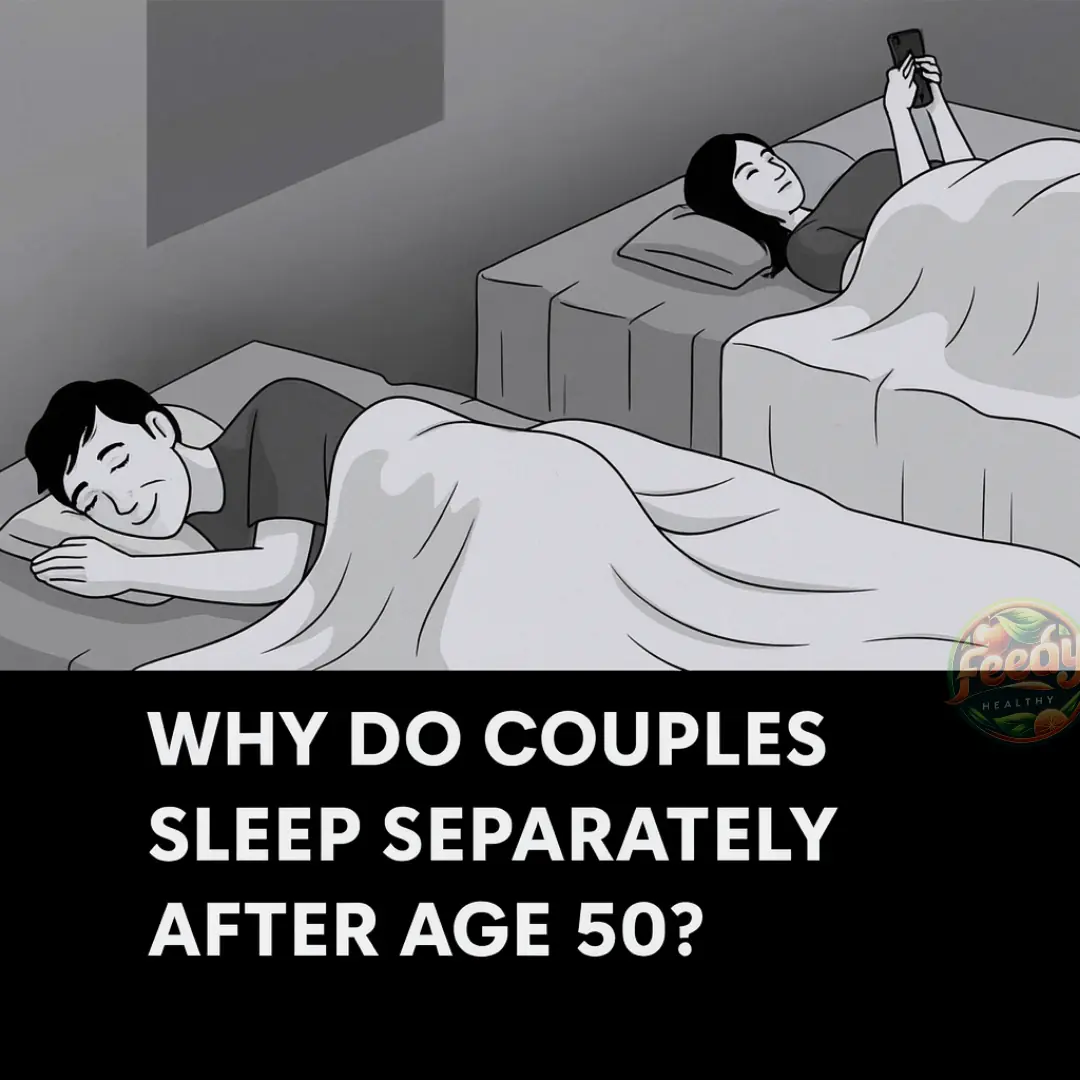
Why Do Couples Start Sleeping Separately After Age 50?

The Deep Meaning of Holding Hands: Emotional Connections and Symbolism

The Power of Dates: Benefits for Your Digestive Health

Natural Power Drink to Cleanse the Liver and Blood Vessels: Just 2 Ingredients!
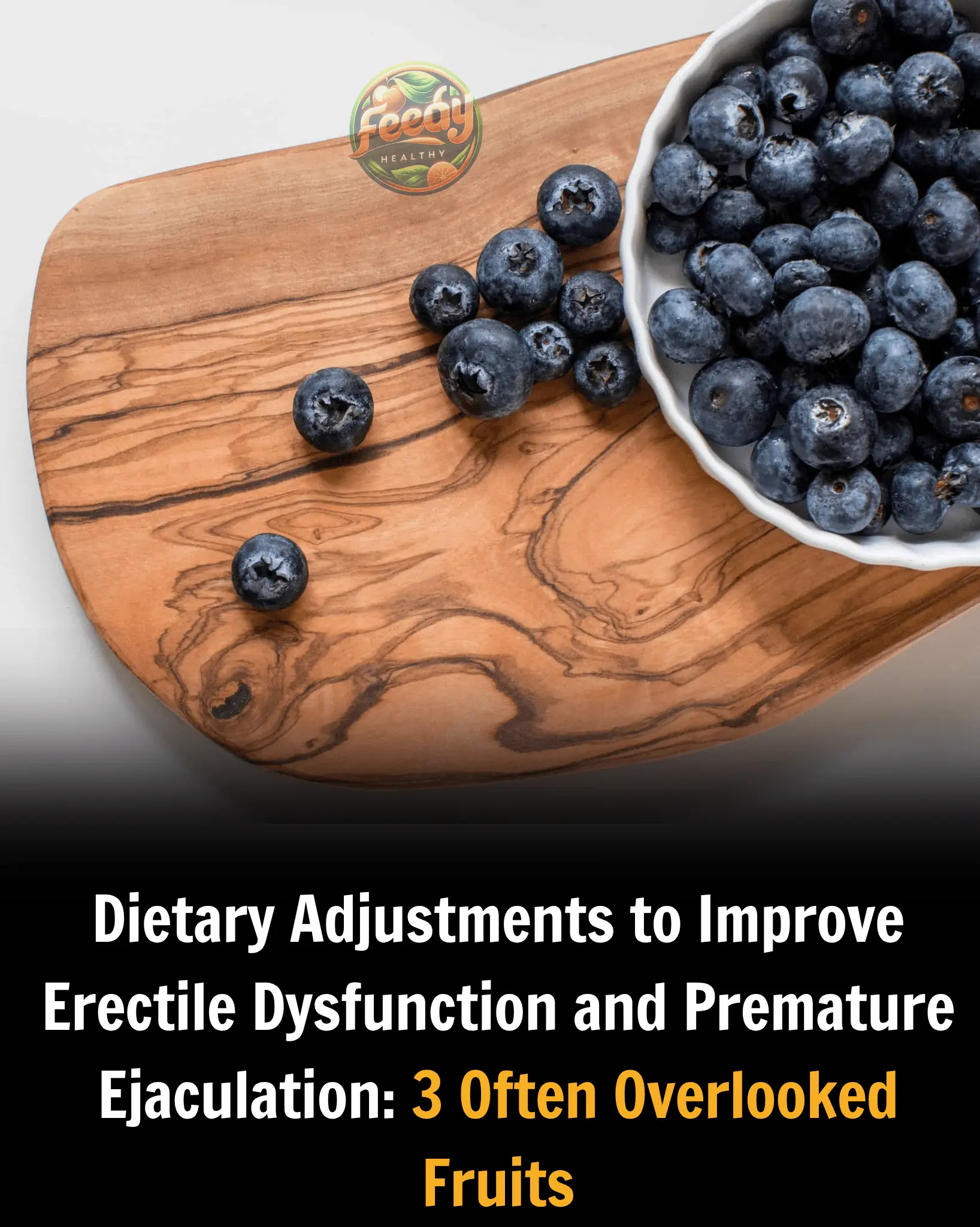
Dietary Adjustments to Improve Erectile Dysfunction and Premature Ejaculation: 3 Often Overlooked Fruits

Symptoms to Detect Breast Cancer: What You Need to Know
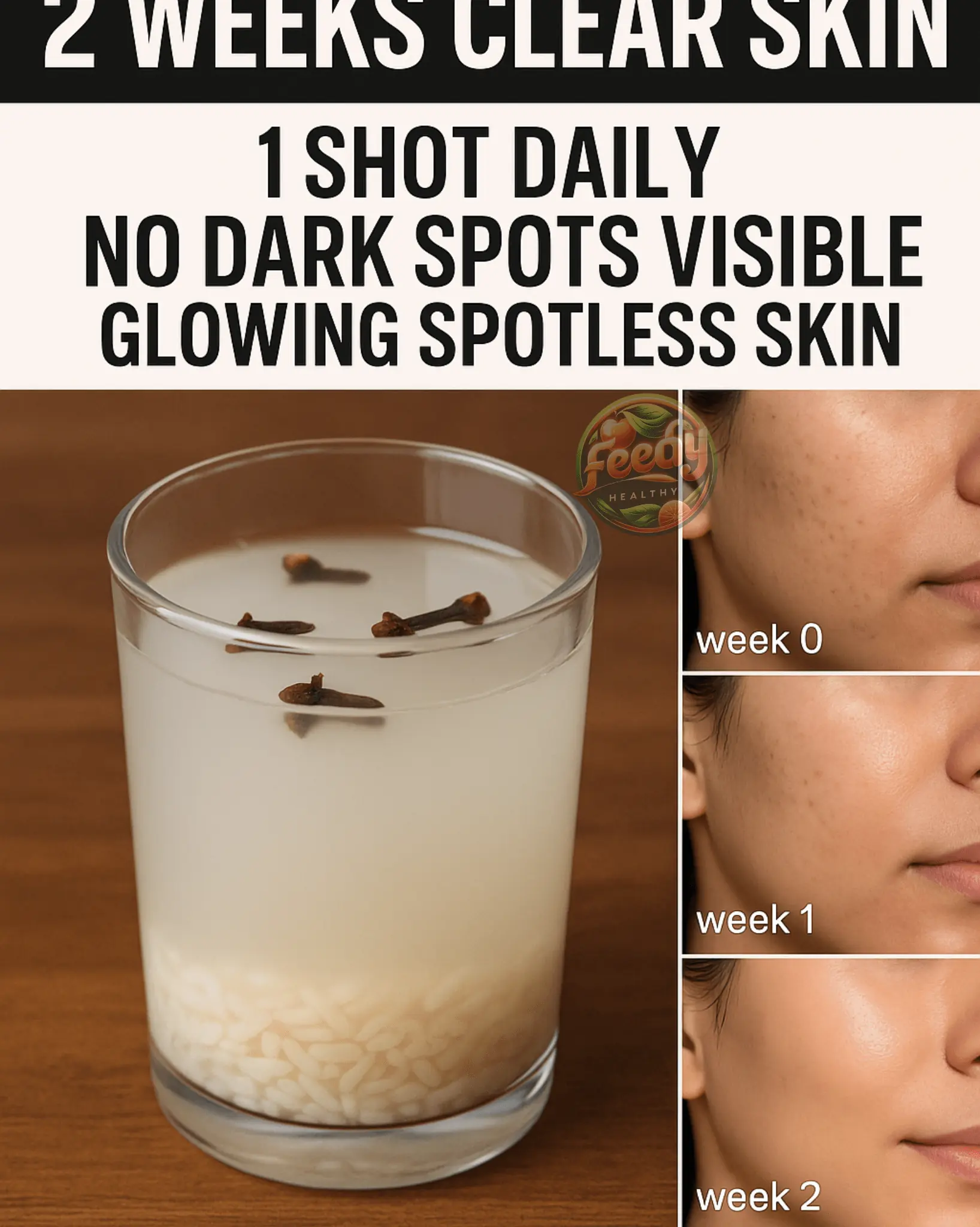
Ginger Clove Shot For Glowing Skin
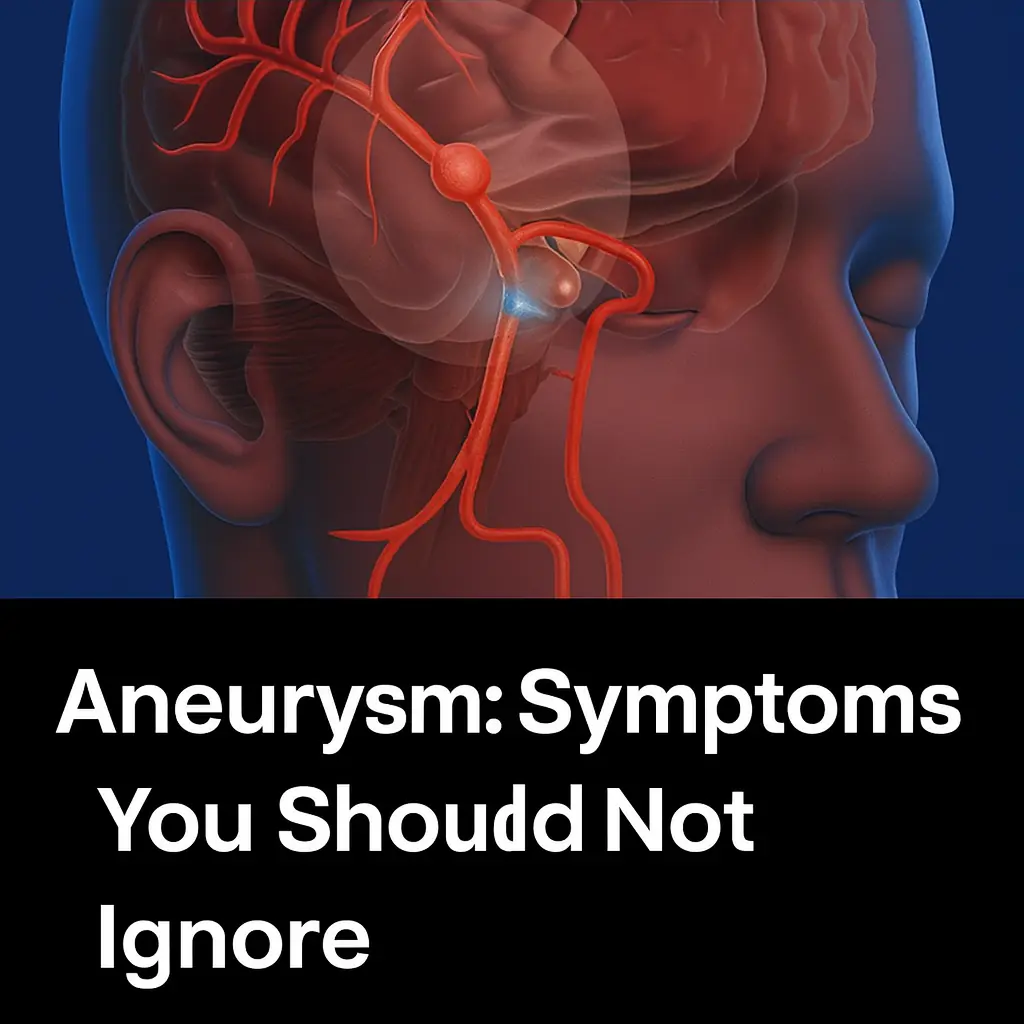
Aneurysm: Warning Signs You Should Never Ignore to Protect Your Brain Health
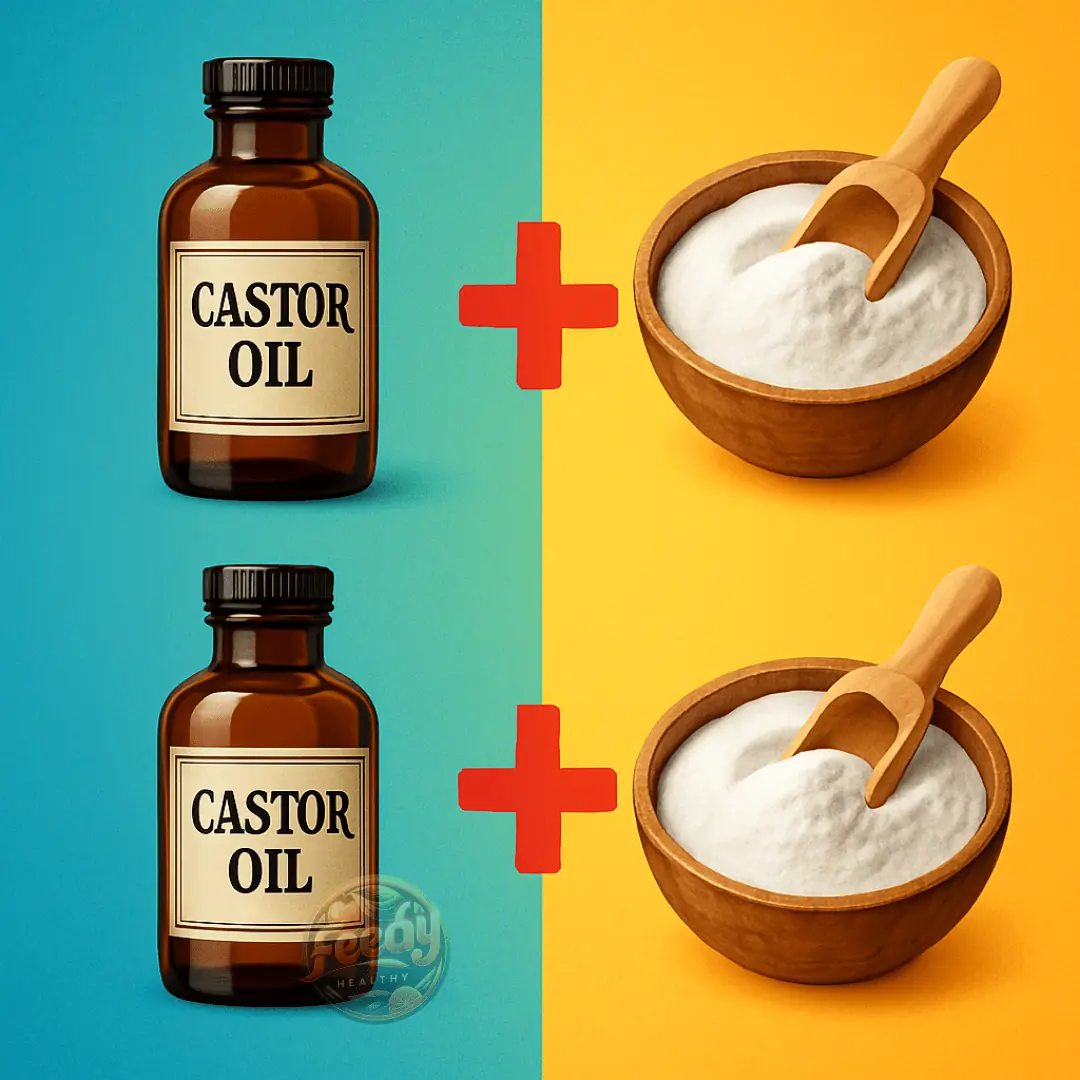
Old Doctors Swear By This: Castor Oil & Baking Soda Treat 19 Health Issues – Results in Just 48 Hours!
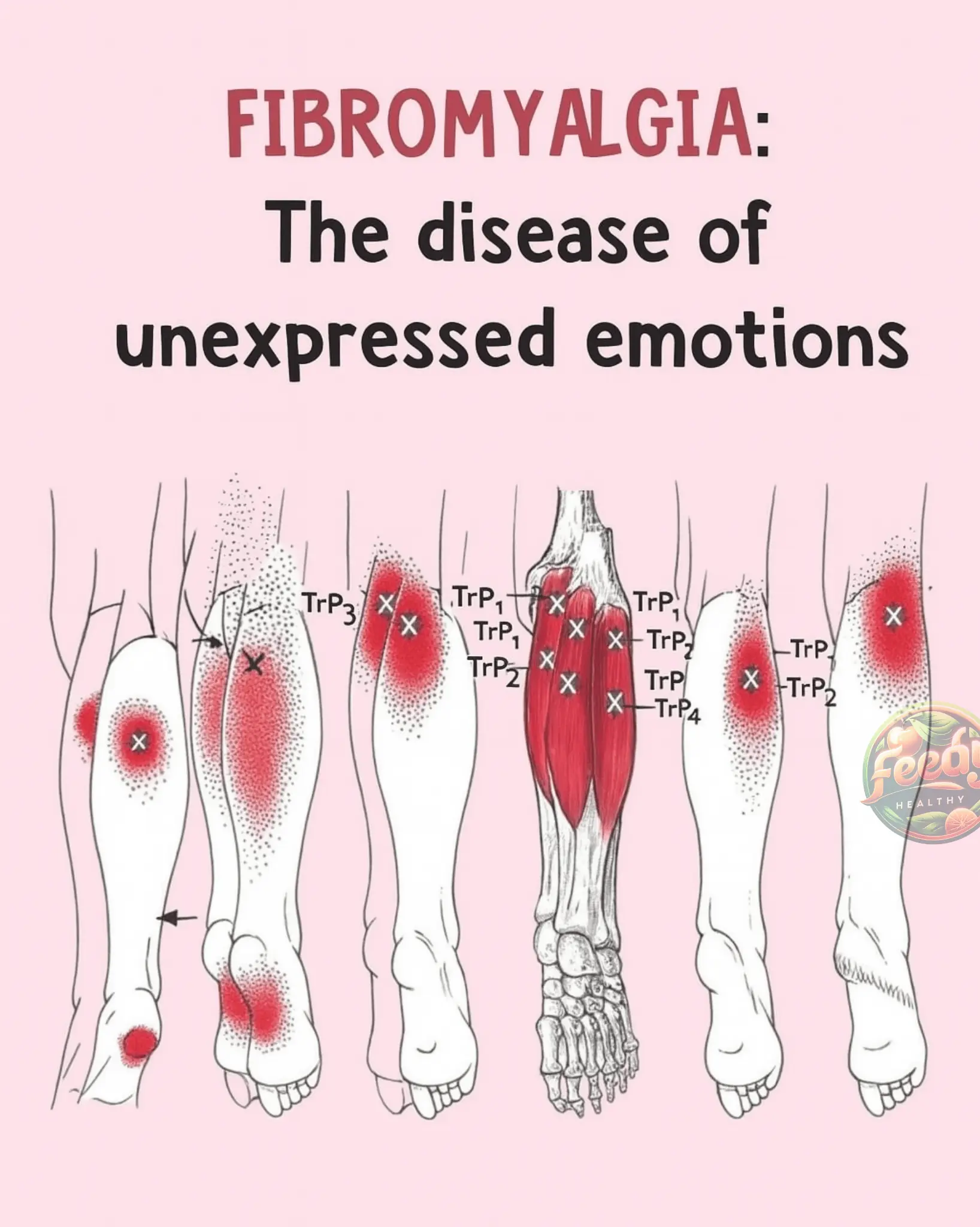
Fibromyalgia: How to Manage It with Natural Remedies and a Healthy Lifestyle

Scientists Found The Hidden Factor Behind the Global Infertility Crisis, And It’s Terrifying
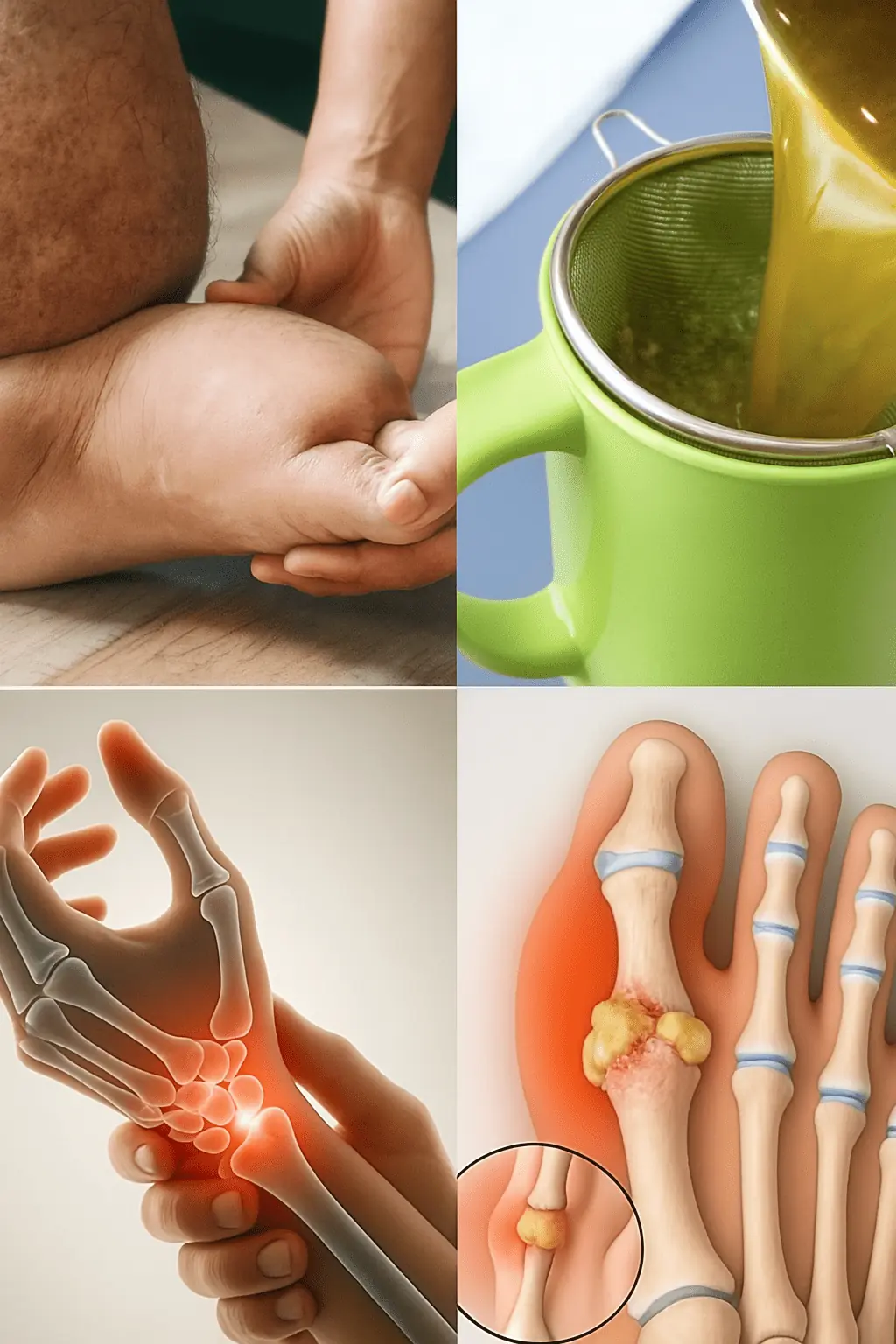
Drink This Natural Tea to Relieve Swelling in Legs, Ankles, and Feet
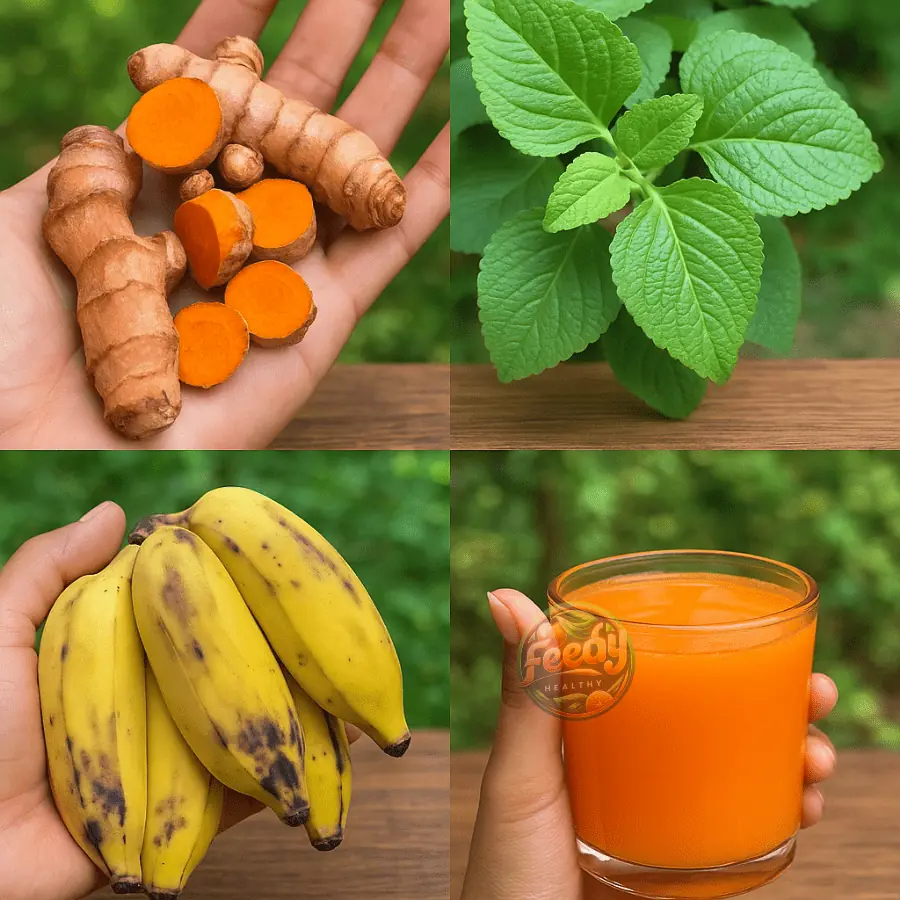
At 60, I Healed Cancer, High Blood Pressure, Diabetes, and Poor Circulation – Thanks to This Natural Drink
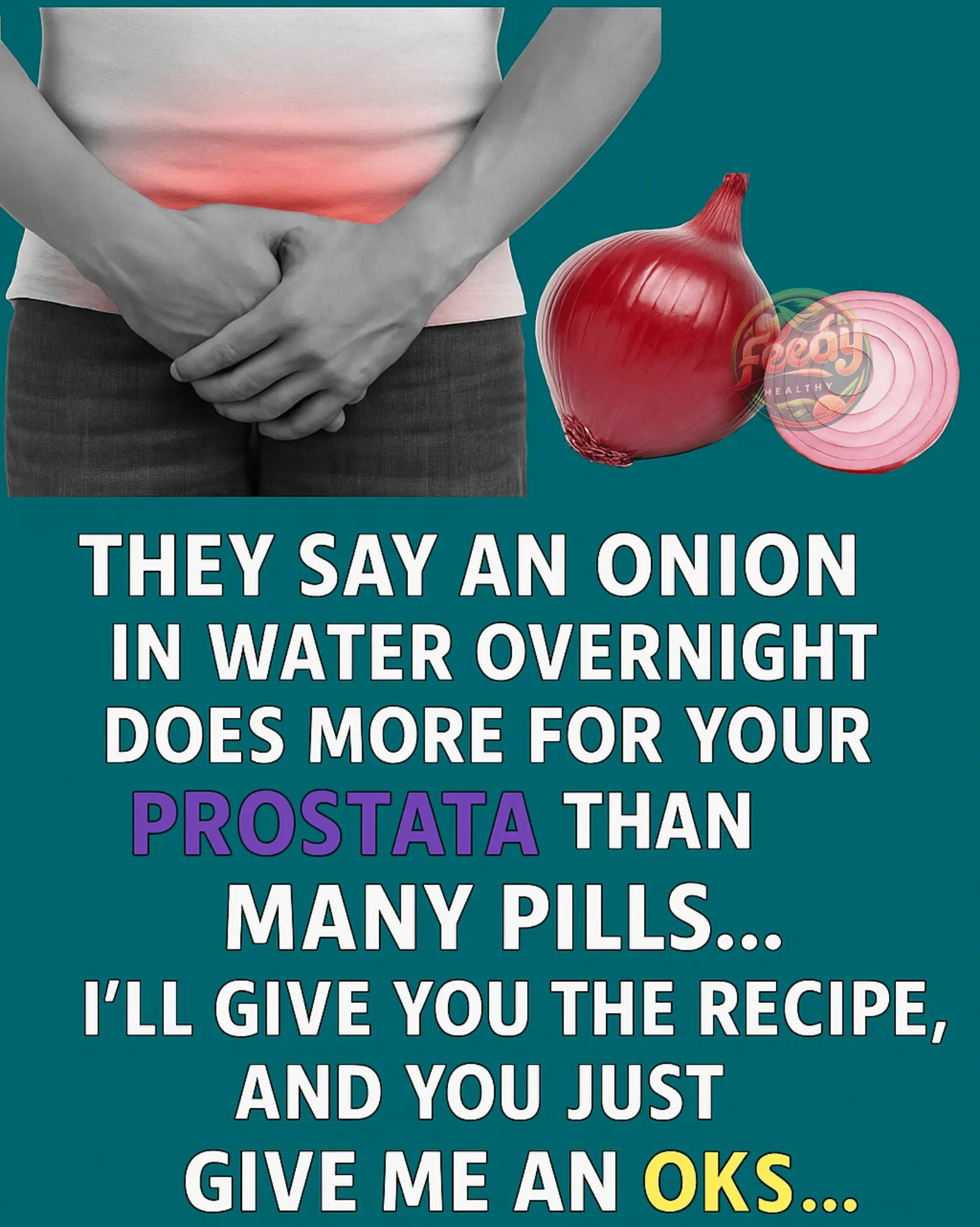
Benefits of Onion in Water: A Natural Remedy for the Prostate
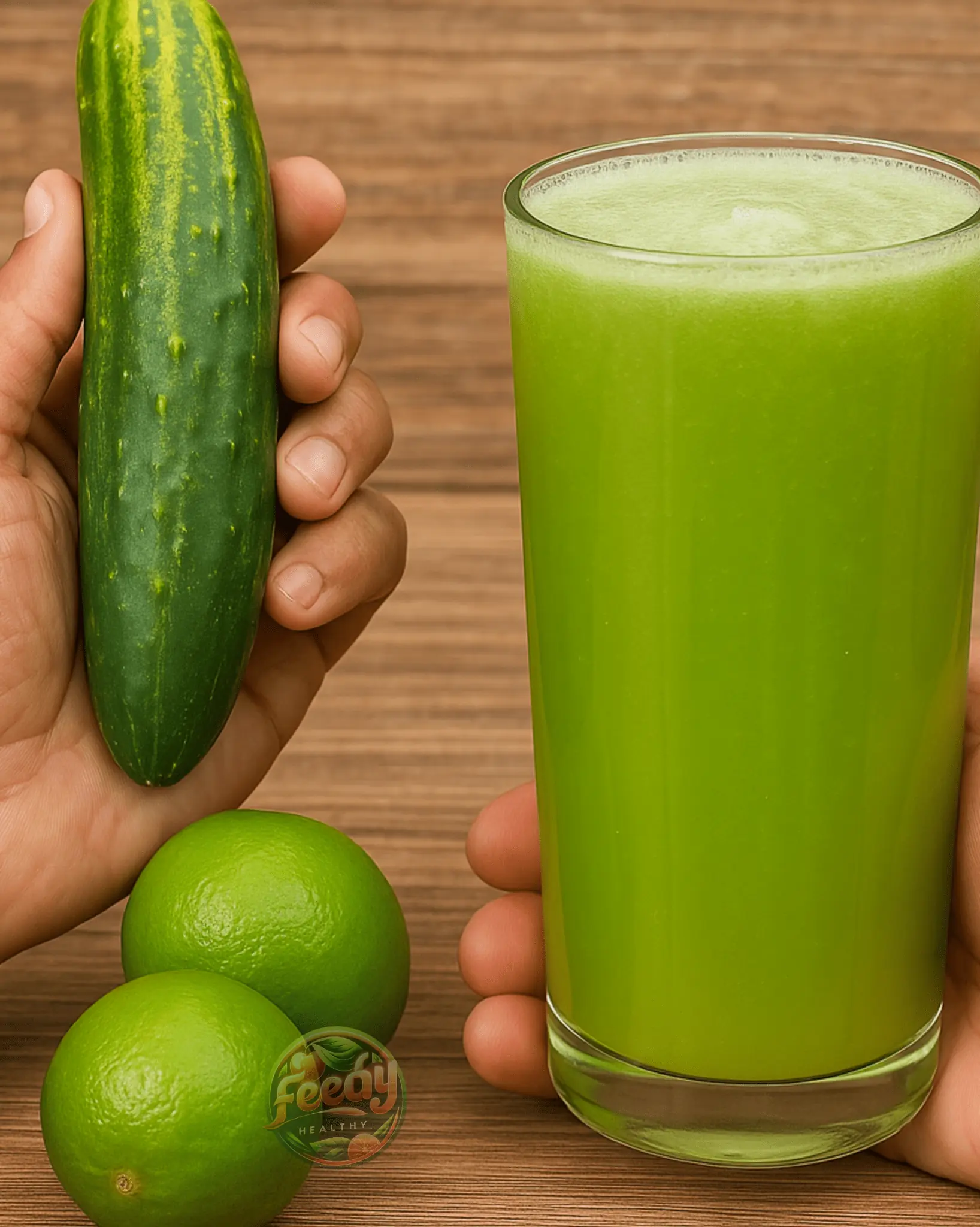
Eliminates bloated belly, clears urinary infections, and cleanses fatty liver.

Expert Reveals: Why a Boiled Egg Could Transform Your Health
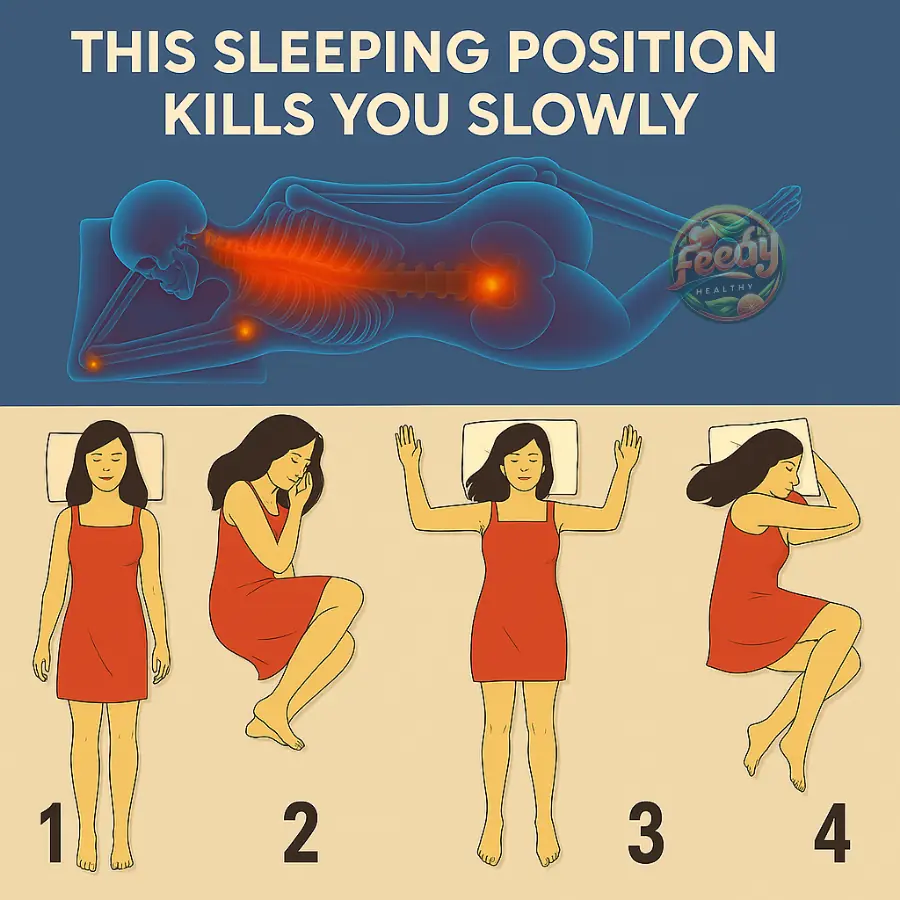
The Most Dangerous Sleeping Position: What You Didn’t Know

5 Things Doctors Say You Should Never Give Your Kids to Help Prevent Cancer
News Post

Benefits of Radishes, Ginger, and Honey for Thyroid and Gallbladder Health

Why Do Couples Start Sleeping Separately After Age 50?

Earth Plunged Into Darkness For Six Minutes In Rare Event Not Seen In A Century

Toggle menu Newsner Stories EN Newsner Stories EN Now we pay tribute to the animal lovers who saved the dog completely covered in tar – what heroes! Now we pay tribute to the animal lovers who saved the dog completely covered in tar – what heroes!

The Deep Meaning of Holding Hands: Emotional Connections and Symbolism

The Power of Dates: Benefits for Your Digestive Health

Natural Power Drink to Cleanse the Liver and Blood Vessels: Just 2 Ingredients!

Little girl walks into police dog auction alone — what followed brought everyone to tears
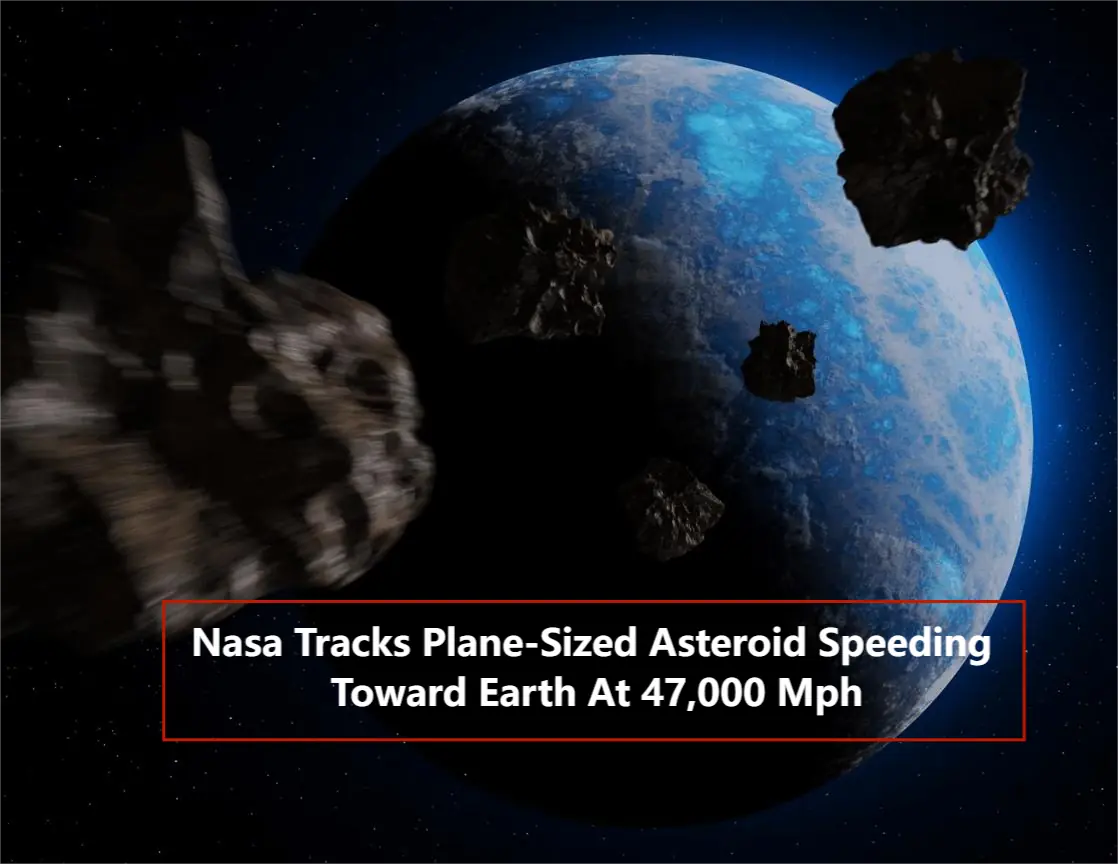
NASA Monitors Plane-Sized Asteroid Speeding Toward Earth at 47,000 MPH
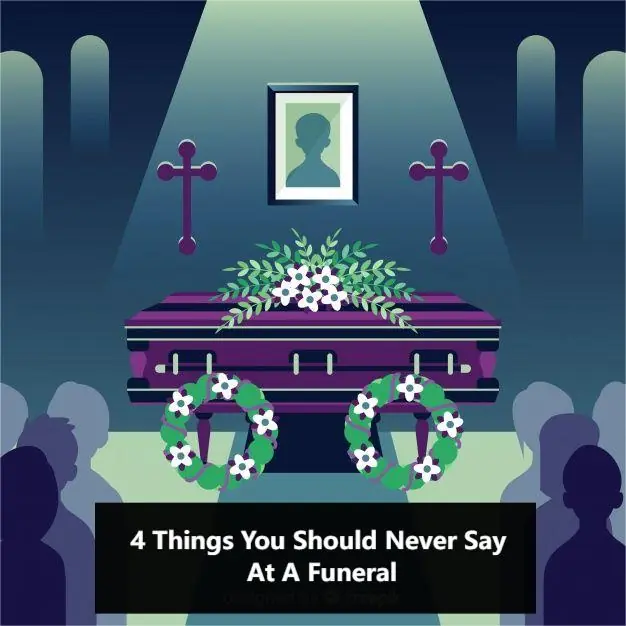
4 Things You Should Never Say at a Funeral — No Matter What

Point Nemo: The Most Remote Place on Earth—Closer to Space Than Humanity
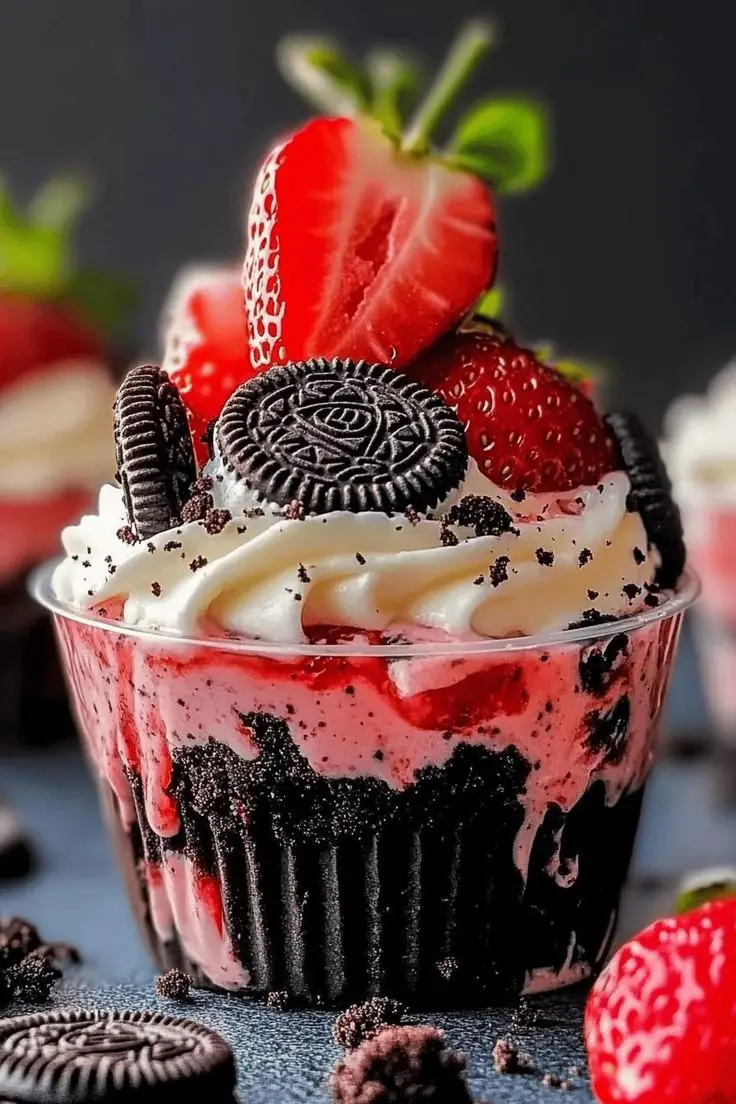
🍓 Strawberry Oreo Parfait Cups
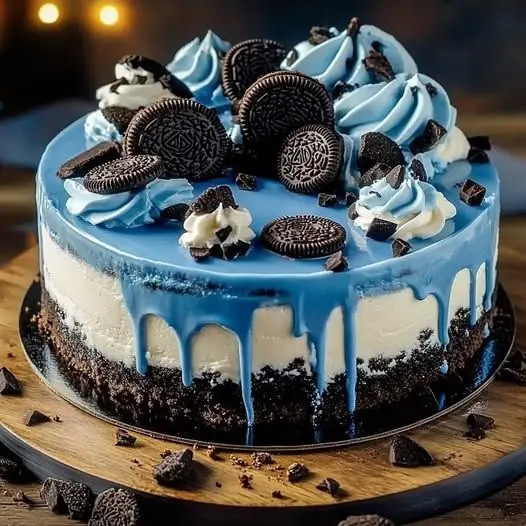
🍰 Blue Oreo Drip Cake (Cookies & Cream Delight)
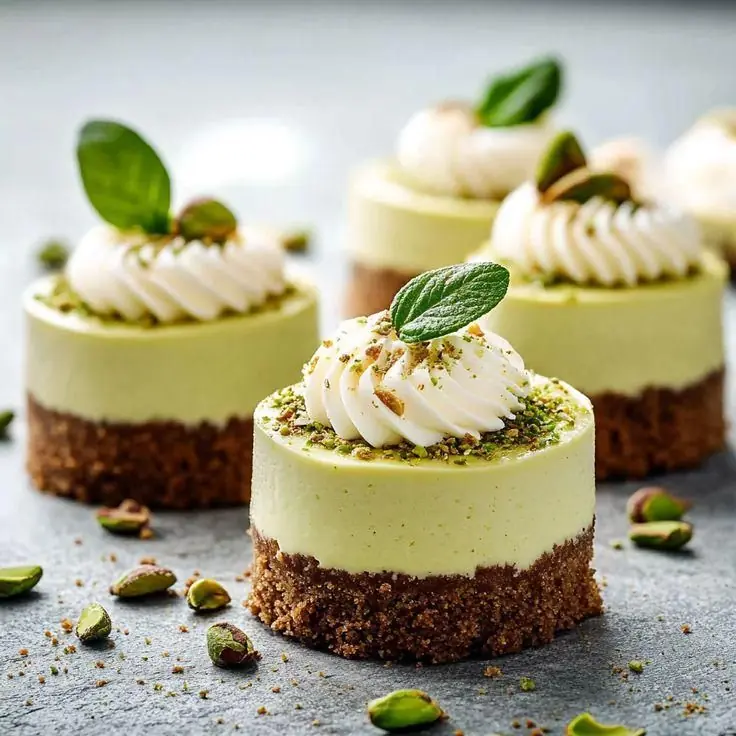
🧁 Mini Pistachio No-Bake Cheesecakes

🍓 Strawberry & White Chocolate Shaved Ice Sundae

🍵 Pistachio Shaved Ice Sundae

Staying at Home with Your Children is Harder Than Going to Work

This is why you should keep the bathroom light on when sleeping in a hotel

🍫🫐 Chocolate Blueberry Lavender Cake
